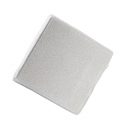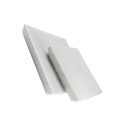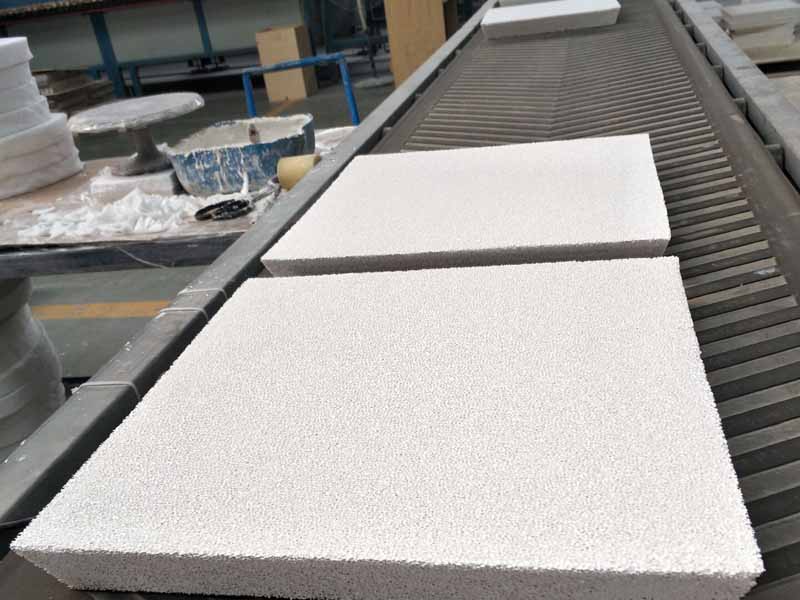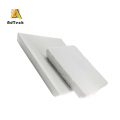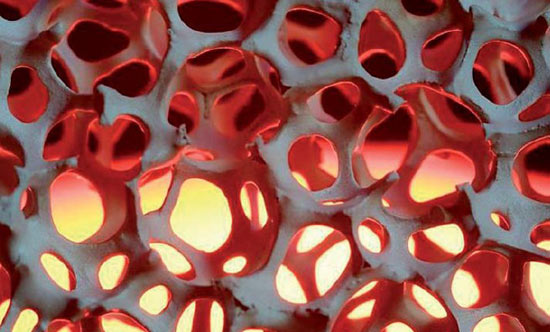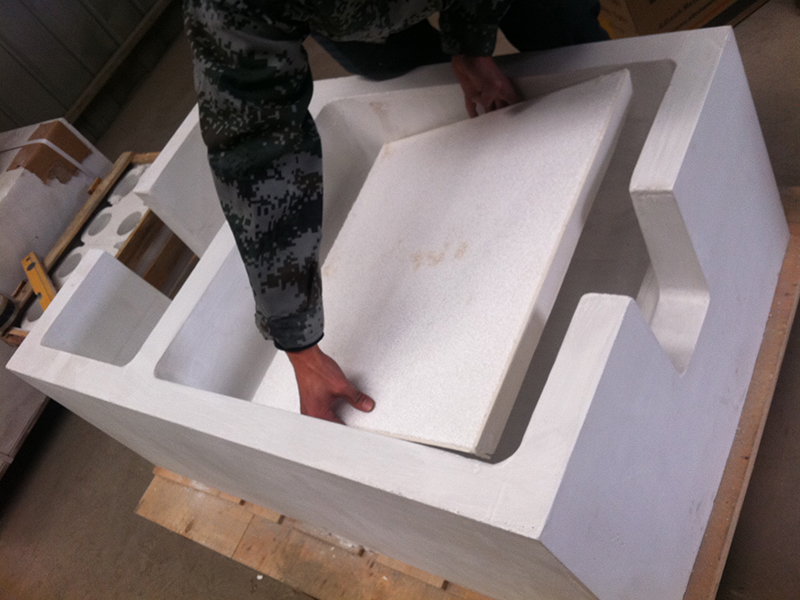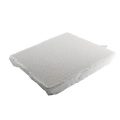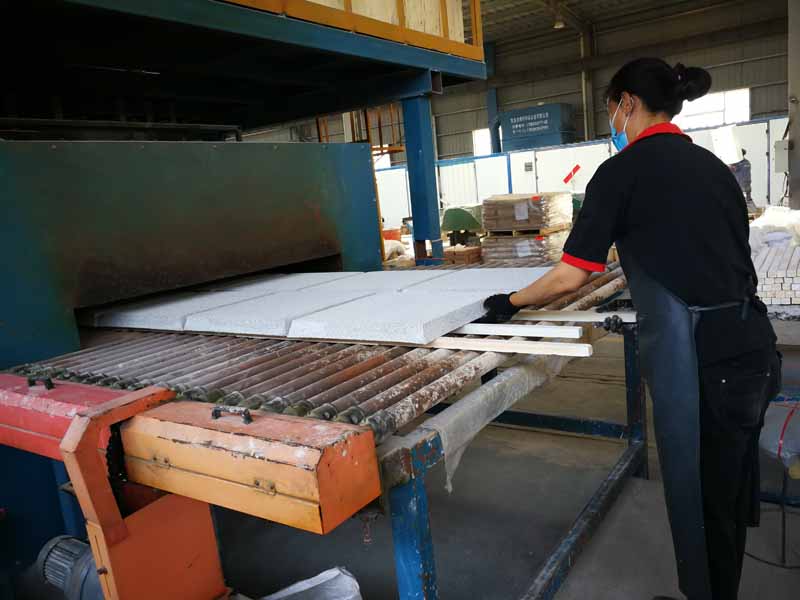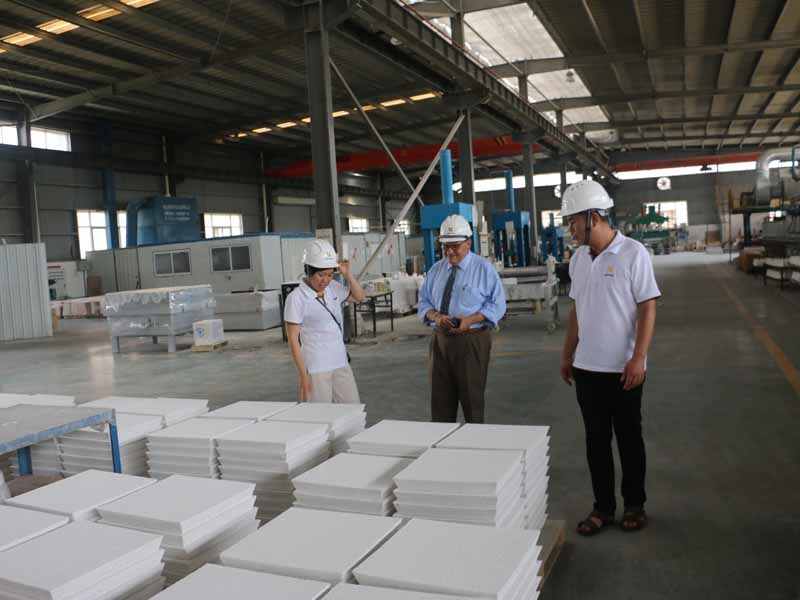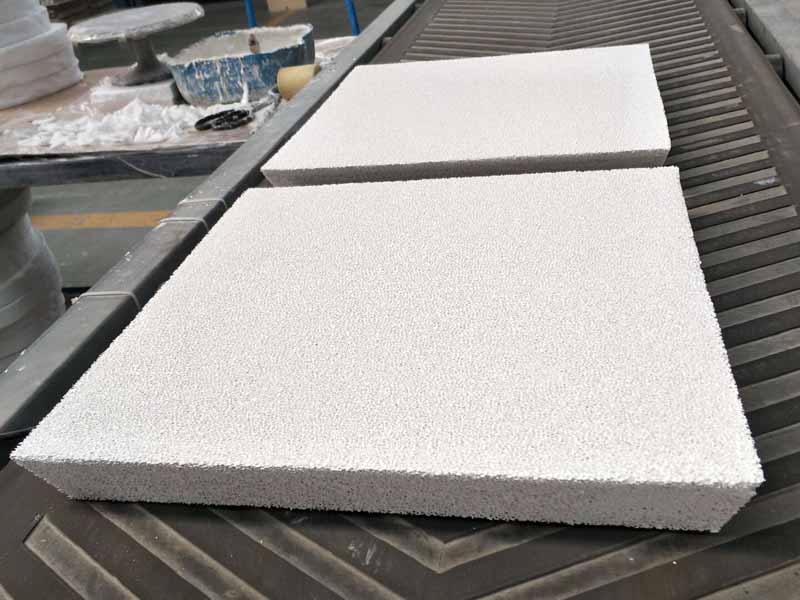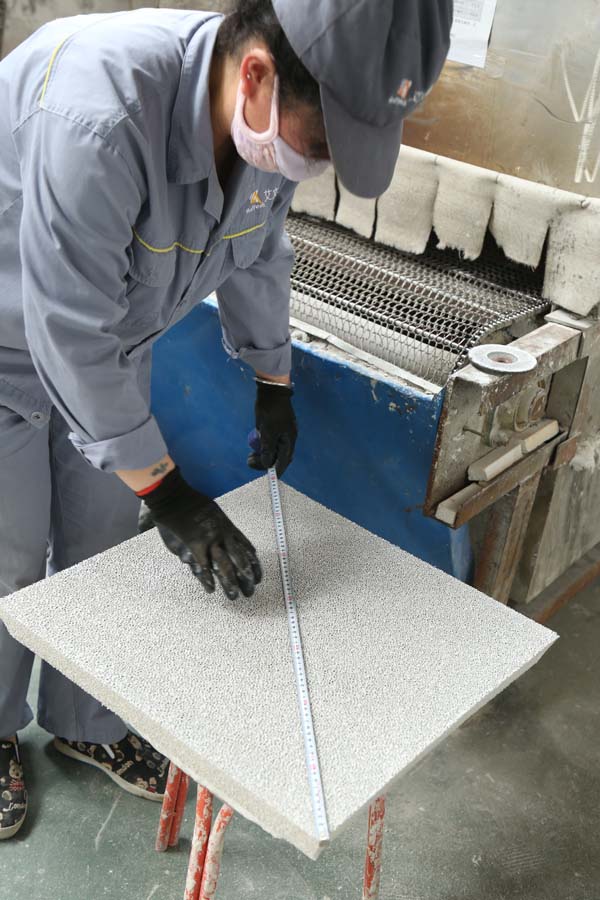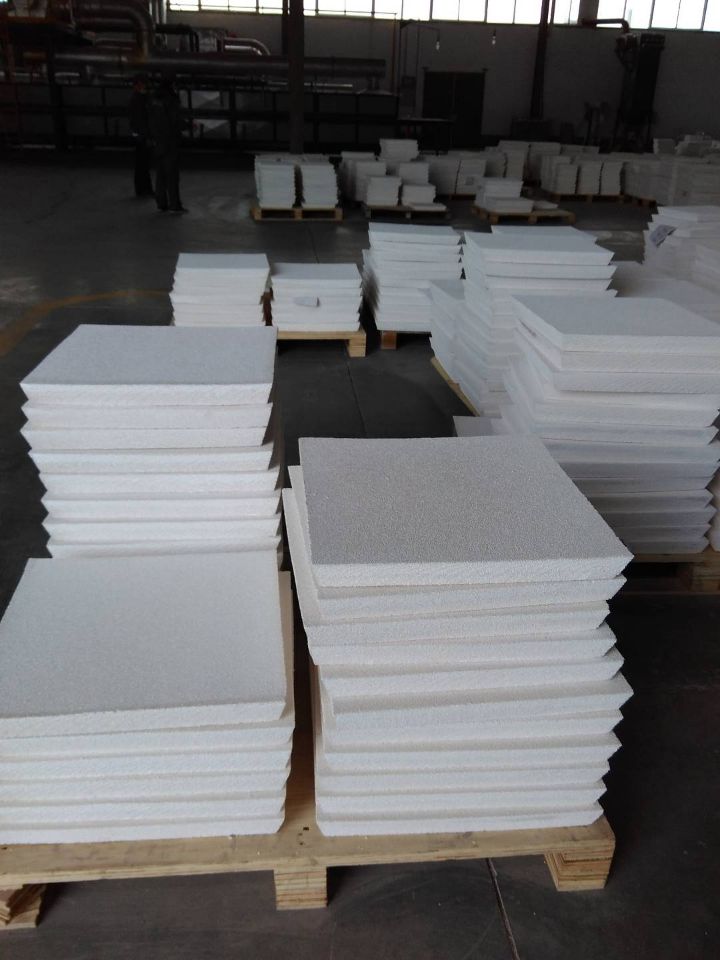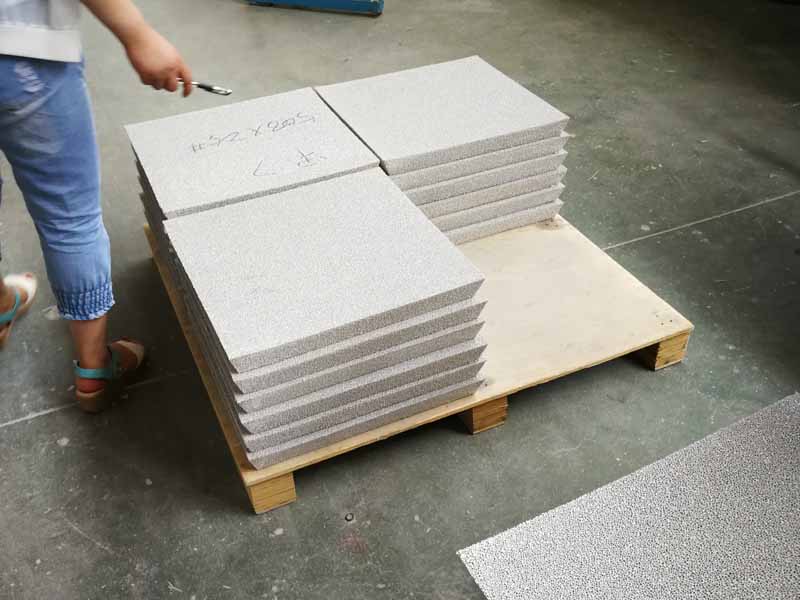Zro2 Porous Ceramic Filter
Filtration of melts has now become an integral part of the technological process of melting and casting aluminum alloys at all enterprises. Apply mesh, granular and porous ceramic filters.
Strainers are made of fiberglass or metal mesh with mesh sizes from 0.5 × 0.5 mm to 1.5 × 1.5 mm.
Zro2 Porous Ceramic Filter separate those inclusions that are larger than the mesh cell.
Their use allows 1.5 – 2 times to reduce the content of large inclusions and films. But they do not affect the content of fine inclusions and hydrogen.
Usually they are installed on the form connector under the riser.
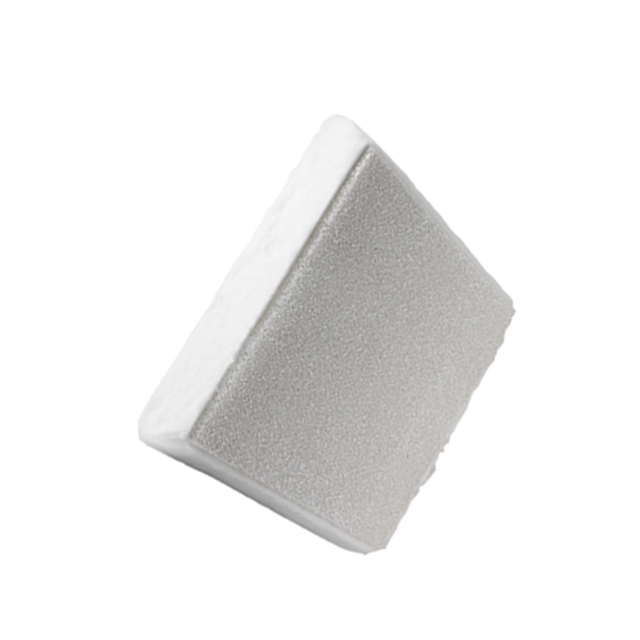
Granular filters are much more effective. They are obtained from crumbs of fireclay, magnesite, alunda, silica, alloys of chloride and fluoride salts (refining fluxes) and other materials.
The completeness of the removal of suspended non-metallic inclusions depends on the nature of the filter material, the diameter and length of the intergranular channels.
Cleaning is due to mechanical and adhesive processes.
Zro2 Porous Ceramic Filter from crushed remelted fluxes are called active.
Due to the adhesion processes, they allow separating up to 40% of finely dispersed suspensions and lowering the hydrogen content in alloys that have undergone refining by 10–20%.
Granular filters, as well as strainers, are installed in the path of metal poured into the mold.
The average grain size of the filter material is from 4 to 15 mm across, and the layer height is 100 – 150 mm. They have granular filters in the dispensing crucible, in the riser or in the sprue bowl.
The filling is carried out in such a way that the filter is closed with a melt layer of 10 – 15 mm.
Granular filters are recommended to be heated to 700 – 720 ° C.
This allows you to remove adsorbed moisture and prevent freezing of metal in thin channels.
A significant effect on the completeness of separation of inclusions and captivity is exerted by the melt flow rate through the intergrain channels of the filters.
At high flow rates, the possibility of precipitation of inclusions decreases and the probability of washing away already settled particles increases.
Bulk granular filters do not always ensure the stability of the melt cleaning process.
With a random arrangement between large grains, large cross-section channels can form.
These shortcomings are deprived of modern bulk porous ceramic filters of any shape with any given channel cross-section.
They are made from Al2O3, SiO2, ZrO2 and other materials.
Ceramic Filters can be delivered in the form of large blocks or shaped products of any shape according to customer requirements

